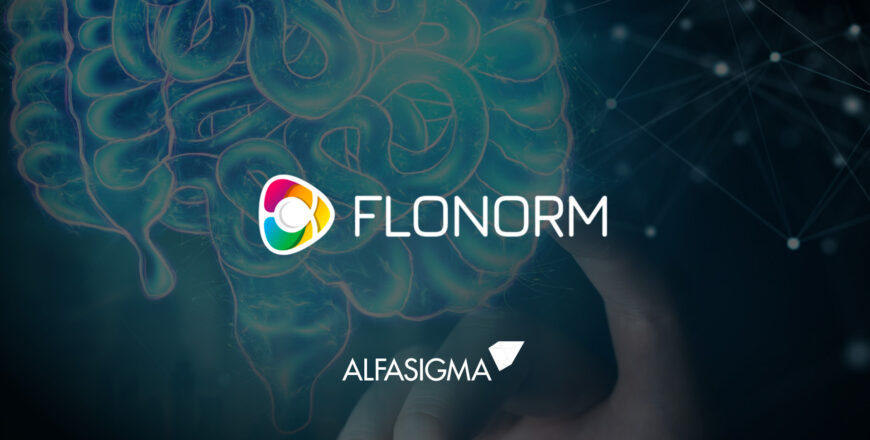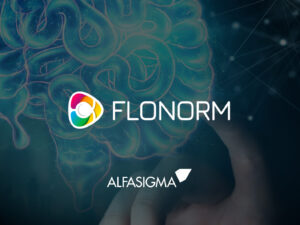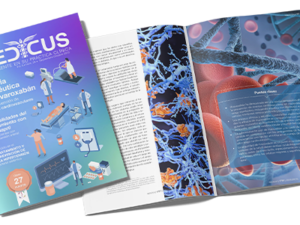+52 55 3426 8449
NEWS ON THE ROLE OF RIFAXIMIN ALFA in digestive diseases
Instructor
Ediciones Franco
- Description
- Curriculum

The intestinal microbiota participates in the development and communication with various host systems, such as the immune, endocrine and nervous systems, forming a functional axis that has been named: “gut-liver-brain axis”. The intestinal microbiota seems to regulate some intestinal peptides secreted by enteroendocrine cells, influencing the vagal afferent pathway. It is increasingly clear that bidirectional communication between the gut microbiota and the brain plays a key role in the pathogenesis of hepatic encephalopathy (HE), irritable bowel syndrome (IBS) and diverticular disease (ED), and That, the modulation of the intestinal microbiota has an important role in its treatment.






